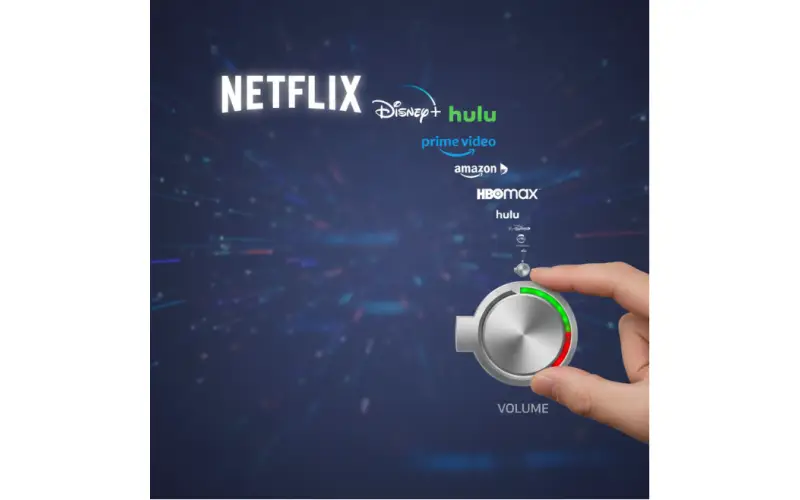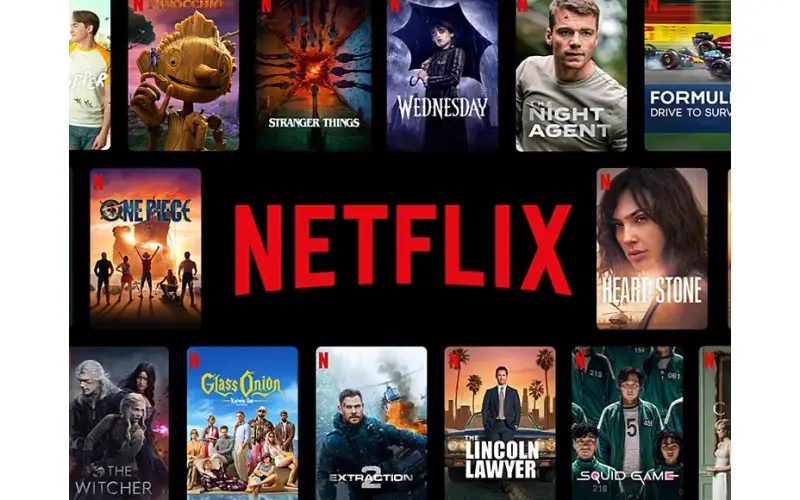By: CE Critic
In the ever-evolving landscape of music streaming, partnerships and integrations between platforms have played a crucial role in shaping the user experience. The recent announcement of Plex shutting down its TIDAL integration marks the end of an era that began in 2018, leaving a lasting impact on how users interact with their music libraries.

A Brief History of the Plex and TIDAL Relationship
The relationship between Plex and TIDAL blossomed in 2018, allowing users to seamlessly access TIDAL's vast music catalog directly within the Plex app. This integration bridged the gap between users' personal music collections and the immense world of streaming, providing a unified experience for music enthusiasts.
The integration offered a plethora of features, allowing users to search, play, and organize music from TIDAL alongside their own self-hosted libraries. Playlists could be curated, combining tracks from both sources, and music playback was supported on a wide range of Plex apps and devices, including desktop platforms, mobile devices, gaming consoles, and smart TVs.
The End of an Era
However, on October 28, 2024, the TIDAL integration within Plex will be discontinued. This decision has sparked discussions among users, with many speculating about the reasons behind this change. While no official explanation has been provided, it's possible that TIDAL is seeking to encourage more direct subscriptions and usage of its app-specific features.
TIDAL's Shift Away from MQA Audio
In addition to the Plex integration ending, TIDAL also made a significant change to its platform by dropping MQA (Master Quality Authenticated) audio support in July 2024. MQA was TIDAL's proprietary high-resolution audio format, but it faced criticism for its licensing costs and limited hardware compatibility. TIDAL replaced MQA with the more widely supported FLAC format, offering a similar level of audio quality while potentially making high-fidelity streaming more accessible.
The Impact on Users
For those who have heavily relied on Plex as their primary gateway to TIDAL's music offerings, this change necessitates a shift in their listening habits. While TIDAL boasts a dedicated app available on most platforms, some users may find the transition inconvenient, particularly those who have leveraged Plex's extensive media management capabilities.
The impact on TIDAL itself remains to be seen. While the integration within Plex offered a potential avenue for attracting new subscribers, the overall effect on the platform's user base is likely to be minimal.
The Broader Music Streaming Landscape
In the grand scheme of the music streaming industry, the discontinuation of the Plex and TIDAL integration is unlikely to cause significant ripples. Spotify continues to dominate the market, with Apple Music, Amazon Music, and YouTube Music trailing behind. TIDAL, known for its high-fidelity audio quality and artist-centric approach, occupies a niche within the industry.
Looking Ahead
As the music streaming landscape continues to evolve, partnerships and integrations will remain crucial in shaping the user experience. The discontinuation of the Plex and TIDAL integration serves as a reminder of the dynamic nature of the industry, where platforms must adapt to changing market conditions and user preferences.
Plex's commitment to providing a comprehensive media management solution remains unwavering. While TIDAL's departure marks the end of an era, the platform's support for other music streaming services ensures that users can continue to enjoy a diverse and personalized music experience within the Plex ecosystem.
In conclusion, the end of the Plex and TIDAL integration represents a significant shift in the music streaming landscape. While the impact on individual users and the industry as a whole may be limited, this event serves as a reminder of the constantly evolving nature of the digital media world. Plex's ongoing support for other music streaming platforms and its dedication to providing a robust media management solution position the platform for continued success in the years to come.





